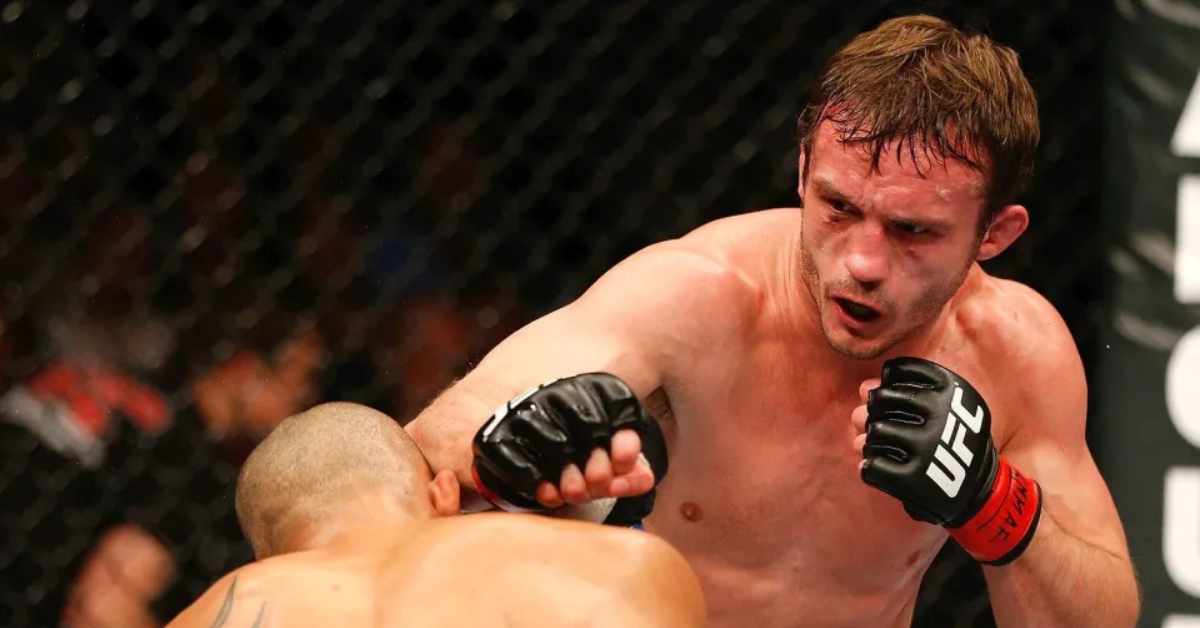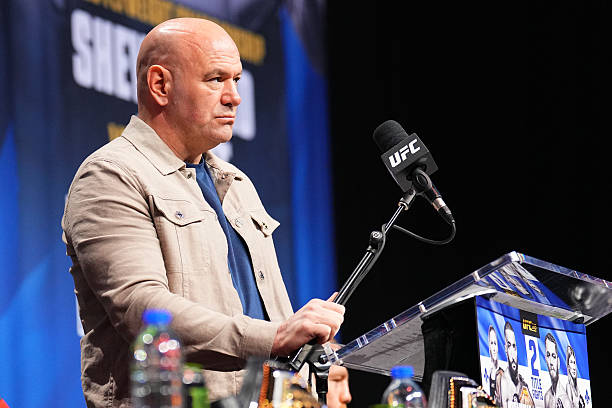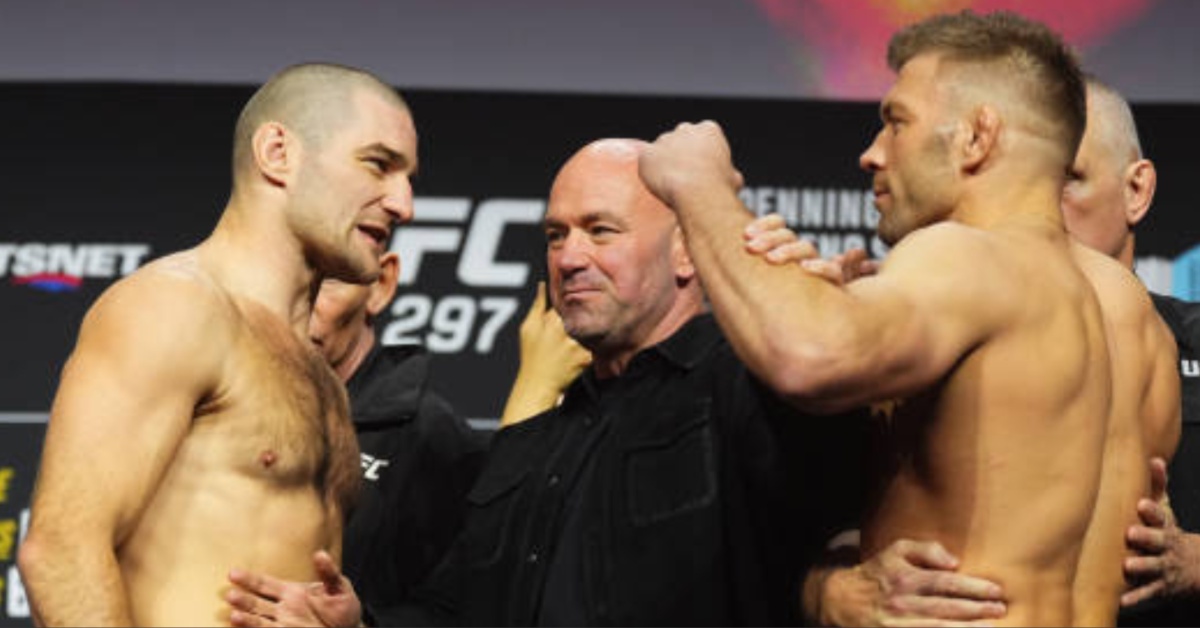
The UFC is expanding its reach beyond just MMA, now promoting Brazilian Jiu Jitsu competitions as part of an ever-growing combat sports portfolio. Under the TKO Group Holdings umbrella, the UFC’s parent company, the brand has also thrown its weight behind boxing, Slap Fighting, and pro wrestling, showing a clear appetite for any fight sport with a pulse and a fanbase.
Yet, for all this diversification, the UFC has been notably resistant to adding Kickboxing and Muay Thai to its stable – despite the obvious fit with its existing lineup.
BJJ, Slap, Pro Wrestling, and Boxing – But No Kickboxing Or Muay Thai
To get a sense of what this means for the fight world, I spoke with UFC veteran and MMA coach Brad Pickett, with the help of NetBet UFC Betting. He didn’t mince words: “I think the UFC is very good at promoting combat sports. They’re a strong brand with excellent marketing. They’re expanding into things like Power Slap – anything that looks promising, they’ll take over that market.”
Brad Pickett
Brad Pickett’s observation fits the current landscape, where TKO’s strategy seems to be: if it fights, it fits. But there’s a catch. As Pickett points out, “There are both good and bad sides to this. It’s bad in the sense that one organization is monopolizing the sport. There aren’t many other places to go if you want to compete at the highest level.” The UFC’s dominance is clear – fighters worldwide see it as the “holy grail,” and alternatives like PFL, Bellator, or ACA, while reputable, are often seen as consolation prizes.
“For example, I do commentary for ACA, a major show in Russia, where there are fantastic fighters. But if you ask any of them if they want to go to the UFC, they’ll say yes – it’s the holy grail,” Pickett adds. For fans, this centralization has its perks. “You get to watch the best fighters in the world. The UFC champions are usually the best in their weight class across all organizations,” Pickett notes.

The UFC’s ability to gather top talent under one banner makes for compelling viewing. But for the fighters, it’s not all highlight reels and glory. “They’re locked into contracts and can’t negotiate freely like boxers can with the WBA or WBC. The UFC dictates the terms, so while it’s great for the consumer, it’s challenging for the fighters in some ways,” Pickett explains.
Despite the UFC’s forays into fresh territory, the reluctance to embrace Kickboxing and Muay Thai remains a curious omission. Both sports align naturally with the UFC’s ethos and audience, yet, for now, they remain on the outside looking in.

